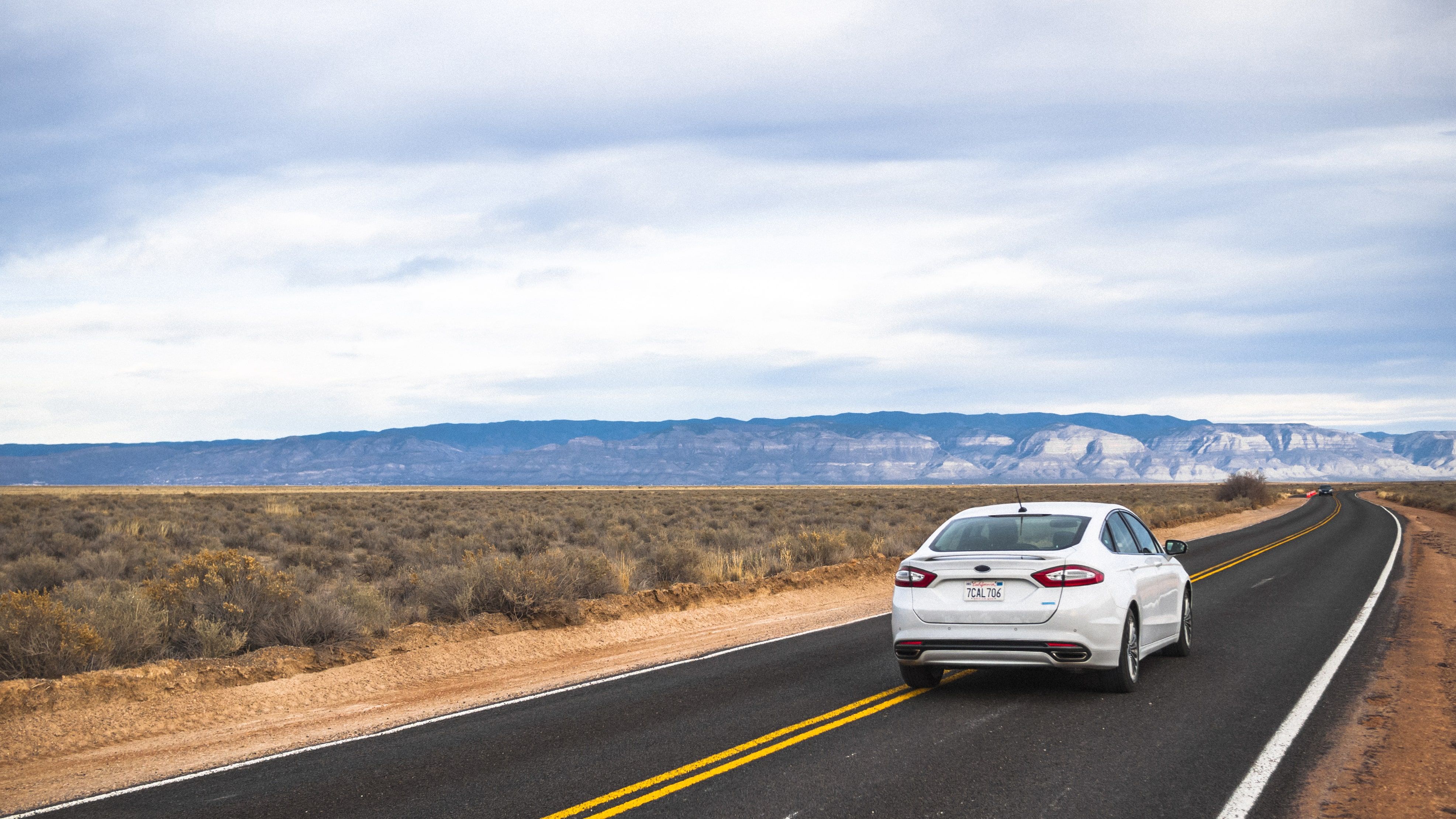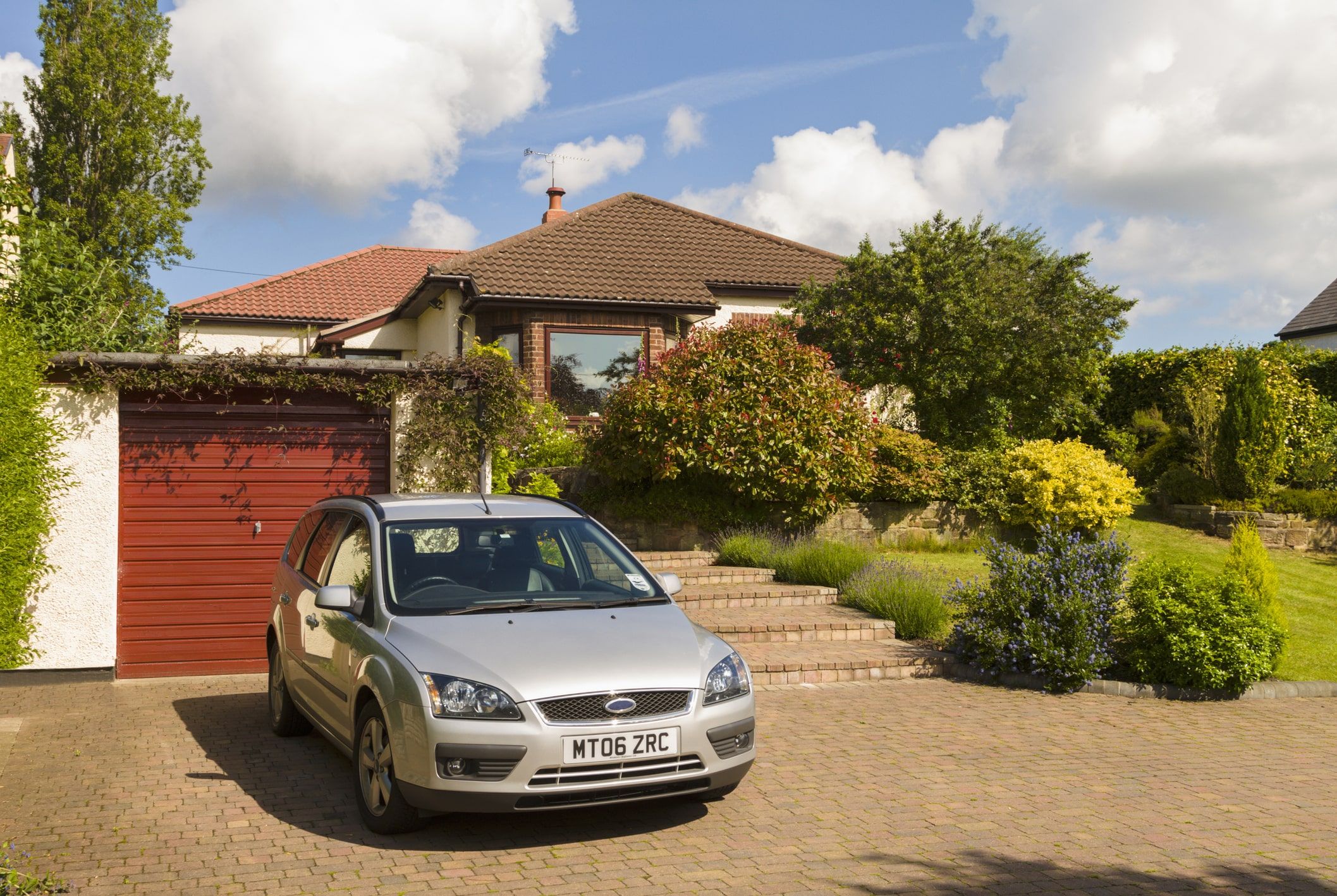First-Party Car Insurance
First-Party Car Insurance
A car insurance policy is an essential safety net for vehicle owners, protecting their vehicles against various types of damage. There are various types of car insurance policies available, which offer different levels of coverages and are priced accordingly.
One such type of car insurance is a first-party car insurance policy, which covers damages to your own vehicle, regardless of who caused the accident. In this guide, we will delve into the details of first-party insurance meaning, coverage, benefits, and more.
Car Insurance Add-on Covers
Ways to Find Car Insurance Policy Number
What is First-Party Car Insurance?
First-party car insurance plan, also known as a standalone own damage car insurance plan, that offers protection to your own vehicle against various kinds of damage. Unlike third-party car insurance policies, which cover damage and loss caused to third parties and their property by insured vehicles, this plan offers coverage to the insured vehicle.
For example, if you accidentally hit a wall while parking and damage your vehicle, first-party insurance coverage will cover the repair costs to your own car. This type of coverage protects you from out-of-pocket expenses for damages to your vehicle, per your policy terms.
Apart from this, as per the IRDAI guidelines, all vehicle owners are also required to carry a minimum personal accident benefit of ₹15 lakh, which provides financial support in the event of accidental death or permanent disability.
Benefits of First-Party Insurance Coverage
First-party car insurance protects your vehicle investment while providing robust financial coverage. Here are some of the benefits of first-party car insurance coverage.
Extensive Vehicle Coverage
The first-party car insurance plan provides coverage for your own vehicle against various types of damages and losses, including theft, flood damage, vandalism, and accidents. The purpose of this insurance coverage is to ensure that your finances and vehicle are protected from unexpected emergencies.
Personal Accident Cover
The car insurance plan comes with a mandatory personal accident coverage of ₹15 lakhs. It provides financial support in case of accidental death or permanent disability while driving your insured vehicle. This additional layer of security protects you and your family from unexpected medical expenses and loss of income.
Customisation with Add-ons
With a first-party car insurance plan, you can even enhance the coverage by including add-ons in the plan. There are various add-ons, such as engine security, tyre security, and consumables covers, that can be customised based on your vehicle's needs. These add-ons are typically not included in standard third-party car insurance plans.
TATA AIG First-Party Car Insurance Coverage
TATA AIG offers first-party car insurance coverage, also known as standalone own-damage car insurance, which covers damage to the insured vehicle.
The plan will offer coverage to vehicles against various damages, including fire and explosion, natural disasters such as earthquakes and floods, and man-made disasters such as theft and vandalism.
The plan typically operates on the Insured's Declared Value (IDV), which serves as the sum insured and is calculated based on the manufacturer's listed selling price, minus age-based depreciation ranging from 5% for vehicles under six months to 50% for vehicles over four to five years old.
It simply means that when filing claims, the policy applies specific depreciation rates to specific parts, as mentioned in the policy documents, which result in lower claim settlement amounts. However, if you have zero depreciation cover with this policy, then you will receive a full compensation amount without any depreciation deductions.
This plan typically complements a TATA AIG personal accident cover for the owner and driver, which provides compensation based on the nature of the injury, including death, and partial and permanent disability.
How First-Party Insurance Coverage Works?
The working of the first-party car insurance coverage is pretty straightforward. Let us understand first-party car insurance by example.
Suppose your car gets damaged during a flood or cyclone, your first-party coverage kicks in to compensate for the repair or replacement costs.
The insurance company evaluates the extent of damage and either pays for repairs or, in case of total loss, provides compensation based on your vehicle's insured declared value.
Inclusion and Exclusion Under First-Party Car Insurance Coverage
| Inclusion Under First-Party Car Insurance Coverage | Exclusion Under First-Party Car Insurance Coverage |
|---|---|
|
Driving Under Influence: The policy explicitly excludes coverage for any accidental loss or damage that occurs while the insured is under the influence of intoxicating liquor or drugs. Invalid Driving Licence: The policy does not cover the vehicle if someone is driving it without a valid driving license or by an unauthorised person. Third-party Liabilities: The first-party or own-damage policies specifically exclude third-party liabilities. Normal Wear and Tear: The policy does not cover gradual deterioration, depreciation, wear and tear, or mechanical breakdowns that occur due to normal usage and ageing of the vehicle. |
Factors To Consider While Buying First-Party Car Insurance Coverage
While buying first-party car insurance, you need to consider various factors: premiums, coverage limits, insured declared value and more.
Coverage Type and Scope
When purchasing a car insurance plan, it is essential to evaluate the coverage type and scope. Select the car insurance plan that best suits your vehicle's needs. For instance, a third-party car insurance plan offers basic coverage against third-party damage by the insured vehicle. In contrast, a first-party car insurance plan protects the vehicle’s own damage.
Insured Declared Value
The IDV represents the maximum amount payable in case of total loss or theft and should align closely with your vehicle's current market value. While higher IDV increases premium costs, it ensures better compensation during claims. It is best to choose an adequate IDV for your car insurance plan.
Claim Settlement Ratio
Another factor to consider when choosing first-party car insurance is the claim settlement ratio. Choose an insurance provider with a high claim settlement ratio. Research about track record, customer reviews, and complaint resolution mechanisms. A reputable insurer with efficient claim processing is crucial for hassle-free settlements.
Add-On Covers
Add-ons are another factor to consider when selecting a first-party car insurance plan. Opt for add-ons such as zero depreciation, engine protection, roadside assistance, and consumable cover, tailored to your specific needs. However, these add-ons can enhance the premium by a marginal amount, so choose wisely.
Policy Terms and Exclusions
Thoroughly review policy exclusions, renewal terms, and conditions. Understanding what is not covered prevents claim rejections and ensures informed decision-making. Also, be aware of geographical limitations, usage restrictions, and driver eligibility criteria before purchasing a first-party car insurance plan.
How to Buy and Renew First-Party Car Insurance?
Buy First-Party Car Insurance
- Visit the TATA AIG website, click on the “Personal” tab and choose the “Car Insurance” plan.
- Enter the vehicle registration number and make, and model and then click on the “Submit” button.
- Various car insurance options will appear; then, choose a first-party car insurance plan.
- Include add-ons such as zero depreciation and engine security, tailored to your specific needs.
- Complete the process by making a payment using a preferred mode such as UPI, QR code and more.
Once done, the first-party car insurance plan will be sent to your email address.
Renew First-Party Car Insurance
- To renew first-party car insurance, go to the TATA AIG car insurance page.
- Fill up the existing car insurance policy details, such as policy number and other requested information.
- Thoroughly review your current plan and add or subtract add-ons based on your needs.
- Review and verify the first-party car insurance plan, and then make a payment using a preferred payment gateway.
- After the successful payment, the renewed first-party car insurance plan will be sent directly to your registered email address.
File Claim Under First-Party Car Insurance
Cashless Claims
- Notify the TATA AIG representative immediately to report the vehicle damage incident through the self-service portal or helpline number (02264898282).
- Locate and transport your damaged vehicle to an authorised network garage.
- Submit your first-party policy details and required documents to the network garage representatives.
- We will assign a qualified surveyor who will inspect your vehicle for a comprehensive damage assessment and verification.
- Once approved, the network garage will initiate the repair process, and we will settle the bills directly with them.
Reimbursement Claims
- Inform us about the vehicle damage incident through their self service page or dedicated helpline number(02264898282).
- Take your damaged vehicle to any garage of your preference and pay the repair expenses.
- Collect all necessary documents from the garage, including detailed repair bills, invoices, and other relevant documents.
- File your reimbursement claim via the website and submit documentation for own-damage.
- We will verify and carefully review all submitted documents, and upon approval, we will reimburse the repair expenses.
Also Read: Car Insurance Claim Process
Difference Between First-Party and Third-Party Car Insurance
| Parameters | First-Party Car Insurance Policy | Third-Party Car Insurance Policy |
|---|---|---|
| Meaning | This policy protects the insured (policyholder) for damages caused to others (third-party liabilities) and for repairs or replacements to their vehicle. | This policy safeguards the policyholder solely against financial obligations arising from an accident involving a third party (someone other than the policyholder and the insurer). |
| Legal Requirement | This coverage is not compulsory under the regulations governing motor vehicles | In contrast, a third-party insurance policy is absolutely essential by law. |
| Scope | This type of insurance offers a wider range of protection. It includes the insured party (policyholder) and any other party involved (third party) in an accident. | This policy has a narrower focus. It solely covers injuries and damages sustained by a third party (not the policyholder or the insurer). |
| Additional Covers | This type of insurance allows for expanded coverage through additional riders. These add-ons provide further financial safeguards. You can opt for Engine Secure, Roadside Assistance, Return to Invoice, Zero Dep insurance and so on bundled with your first-party car insurance plan. | This policy offers a more streamlined form of protection and does not include the option to add supplementary coverage. |
| Claim Settlement Beneficiary | In the event of a claim, the insured party (car owner) is the ultimate beneficiary (final claimant) of the compensation. | For this type of insurance, the claimant receiving the compensation is solely the third party who suffered damages caused by the insured vehicle. |
| Premium Amount | This first-party insurance price for cars is higher due to extensive coverage offered under the plan. | Third-party insurance provides a more basic level of protection, resulting in a lower premium cost fixed by the IRDAI |
Also Read: First Party v/s Third Party Car Insurance
Key Takeaways
First-party car insurance is a crucial type of car insurance policy that offers financial protection for your own vehicle. With this car insurance plan, you will not be burdened with out-of-pocket repair or replacement costs for your own vehicle damage.
Whether you are a new car owner or drive a luxury car, this car insurance policy will protect your financial investment. If you are looking to buy car insurance plans tailored to your needs, TATA AIG offers customised first-party car insurance plans.
The plans come with various unique add-ons, such as consumable cover, roadside assistance, and more, to enhance your vehicle protection.With our easy and quick buying and renewing process, you can purchase a plan in just a couple of minutes.
Additionally, you can check car insurance status online directly from our website. Regular checks will help ensure that your first-party insurance coverage remains valid and your vehicle remains secured from damages and losses.
Furthermore, we also have a network of authorised garages spread across the country where you can get your vehicle repaired without paying any upfront repair fees. Get your vehicle insured now with our affordable and customised first-party car insurance plan.
Disclaimer / TnC
Your policy is subjected to terms and conditions & inclusions and exclusions mentioned in your policy wording. Please go through the documents carefully.


